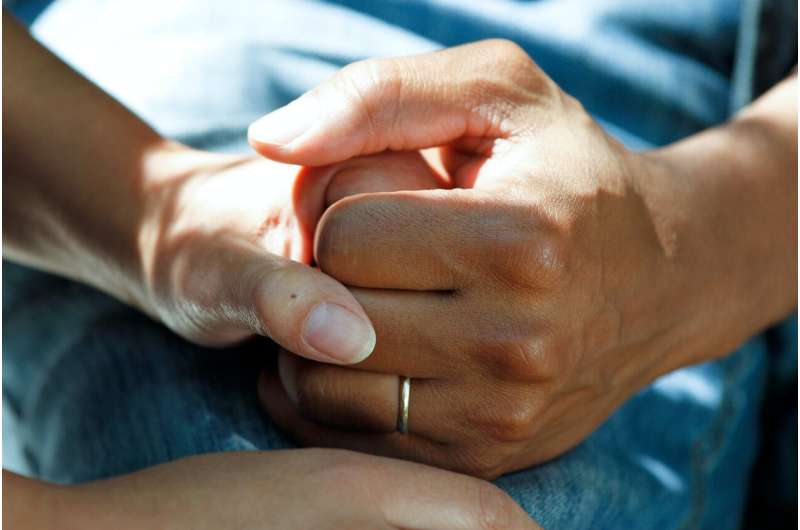One in five people less likely to attend cancer screenings post-pandemic

A collaborative research study, involving researchers from King’s, Cardiff University and University of Surrey, investigates the opinions people have of cancer screenings as we navigate society during a pandemic.
The COVID-19 pandemic has caused disruption to cancer screening services, with the UK’s national cancer screening programs effectively being paused from March-June last year. Invitations are being sent out again now, but there remains a significant backlog of people waiting for these.
As part of the COVID Health and Help-Seeking Behavior Study, the team of researchers carried out a UK-wide survey of 7,543 adults to assess attitudes towards cancer prevention and early diagnosis during the pandemic. They analyzed the data of two sub-groups, each with over 2,000 respondents who were eligible for cervical or bowel cancer screening.
Whilst the majority of participants eligible for cervical and/or bowel screening said they would definitely participate in their next screening, a significant minority of them said they would generally be ‘less likely’ to attend screening now than before the pandemic. Three-quarters (approx. 75%) also said they were worried about delays to cancer tests and investigations, and to screenings, that are caused by COVID-19.
A follow-up study interviewed a small number of these respondents, which highlighted some of the barriers of these screenings that people may be experiencing, such as fear of COVID-19 infection and uncertainty around social distancing procedures.
“It’s really reassuring that the majority of people in our survey were still intending to take part in cancer screening when next invited. Where people have missed appointments due to COVID, it’s important that they are contacted to let them know they can now attend, and that they are reassured about safety and infection control so they feel confident to have screening. We also still need to work on addressing long-standing barriers to uptake, and work like the YouScreen project on self-sampling for cervical screening will make a huge contribution to this”, said Dr. Jo Waller, study lead.
The researchers claim that government and health services need to consider how best to return screening participation pre-pandemic levels, as quickly as possible.
Source: Read Full Article
